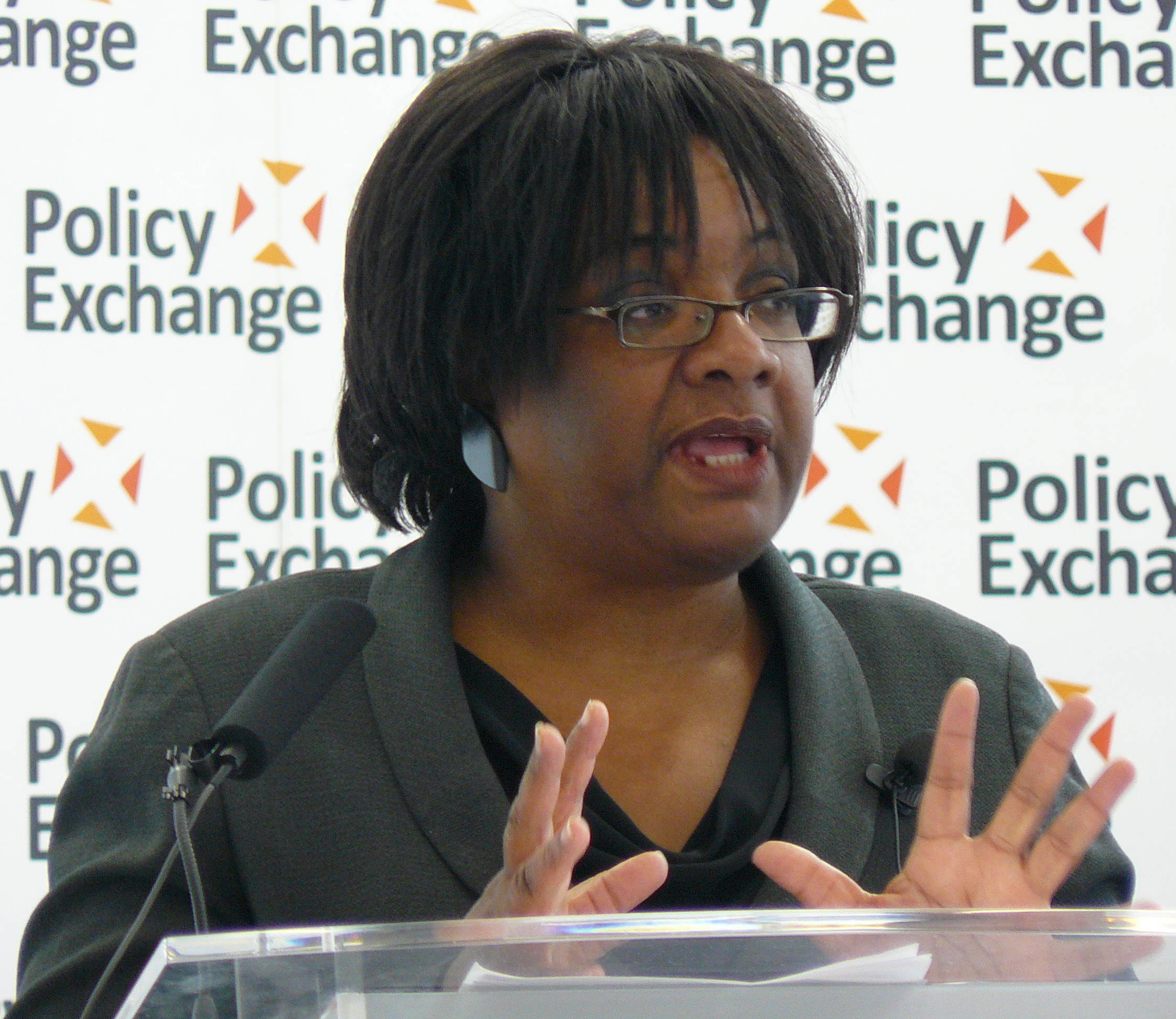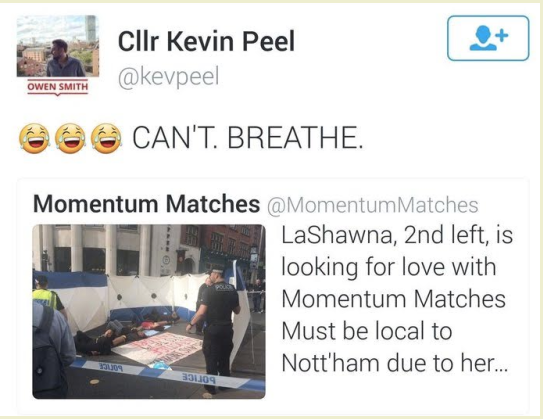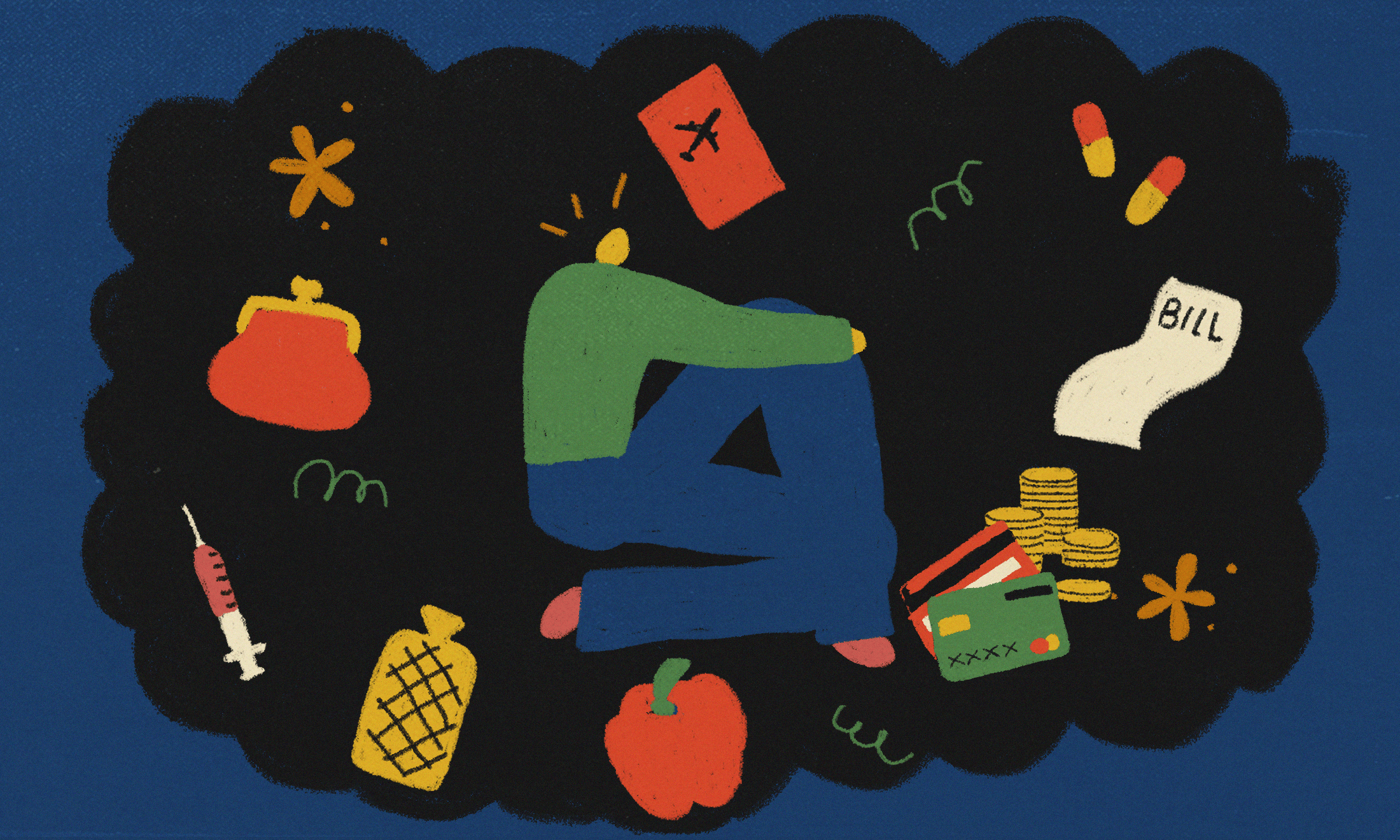
Existing as a black girl in Britain can be suffocating. We are restricted to being angry, unintelligent or promiscuous and if we are lucky enough we can be all three (please note the sarcasm). However, when we dare to exist outside these binaries, we may be welcomed by a rigid hostility. This unwelcoming feeling is intensified when we invade the pastime that belongs to white men: politics.
It’s clear that politics is dominated by white men, with only 21 BAME women in the House of Commons. When black women participate in politics on all levels, we take up space and threaten privilege, even if that is not our intention. How? Because our presence forces these white men to recognise that politics is more than an intellectual playground to keep them entertained. It reminds them (and sometimes ourselves) that politics is not a hobby. We do politics because we have to.
As a black girl involved in politics (a member of the Labour Party as well as participating in my college’s Amnesty International and Politics Society), I feel myself constantly battling for my voice to rise above the attempts to silence and undermine my opinions, having to prove myself to be above emotive/identity politics. In addition to this, I am confronted by men who presume that my identity limits my ability to be objective in debates. For example, it’s no coincidence I was told that I was taking Boris Johnson’s racist comments out of context or that Britain has not benefited off the slave trade in any way when I was the only person in the classroom whose heritage was Afro-Caribbean. This was the moment when I realised I did not belong in politics. I was not supposed to hear those discussions, I was not supposed to argue against them. I felt myself become an “angry black woman” which conflicted with the safe, intellectual I had tried so hard to present in order to become a credible politico.
I find that this narrative is accurate of many black women in politics, the most obvious example being Diane Abbott. The daughter of Afro-Jamaican immigrants who did everything “right” is still torn apart by the media, who have defined her by what type of school she sends her son to and used this to discredit her, to paint her as angry and dishonest. This is furthered by recent romantic rumours circulating about Diane and Jeremy Corbyn. Bingo, Diane is now promiscuous and her role in the shadow cabinet is purely derived by this rumoured relationship. This is despite the fact she is heavily qualified in International Development due to her experience on the Foreign Affairs Committee.
Abbott is not the only black woman in Parliament who has faced gendered and racialised discrimination. Dawn Butler was mistaken for a cleaner during her time in politics despite the fact there was nothing to explicitly suggest this assumption. Misogynistic tropes are something all women in politics face. However it is essential to recognise the nuanced responses from the media towards women of colour. This is how it feels to be a black girl in political spaces.
However, misogynoir in politics does not only occur to the most visible black women at parliamentary level but manages to seep through to student politics. Speaking to Cassie, who was a Labour Students’ club president, and was a member of the London Young Labour BAME working group, it’s clear she believes that misogynoir is a “culture [that’s] continuing in the youth group”. In particular, Cassie recalls an experience similar to my own, where “the ‘angry black woman’ trope was used both inside and outside the discussion to belittle our ‘opinion'”.
This happened when she and others challenged the apathy towards racism within the party. “A white, gay man had allegedly said something racist at an event. Many of us deemed the investigation that found him innocent to have been handled inappropriately, as it was not an independent investigation. A discussion was raised in a public young Labour group, calling for the investigation to be reopened, particularly given the nature of the complaint. Including committee members, many young Labour members then accused all of the black people in the discussion of race baiting, and being homophobic. Some black men also joined in this conversation, and more than once the ‘angry black woman’ trope was used both inside and outside the discussion to belittle our ‘opinion’ on the matter. When it was pointed out by another black woman that I was counted in every liberation group (BAME, LGBT, disabled and a woman), it was then reiterated that as a black woman I was being overly sensitive and engaging in a witch hunt”.
Reinforcing the notion that misogynoir has become a growing culture within the Labour Party, Kevin Peel, a Labour Party councillor seems to have been amused by the original tweet (pictured below) of “Momentum Matches” which mocked Black Lives Matter UK protesters. Additionally, the tweet encourages misogynoir and harmful stereotypes about black women. Within the Labour community, Momentum is infamous for being “aggressive”. Paired with the naming of an (unknown) black woman as “LaShawna”, this just reveals the attitude of many non-black women towards us in the wider political community as well as Labour.
So how does it feel to be a black girl in political spaces? We are either erased or slaughtered for challenging the binaries we are subjected to. However, being a black girl in political spaces is so important. We may not be “an angry black woman”, but we should be angry and turn it into political power, whether it’s signing a petition or running for election. To quote Kate Osamor, “There needs to be…strong black women who’ll be there to back me up.”









